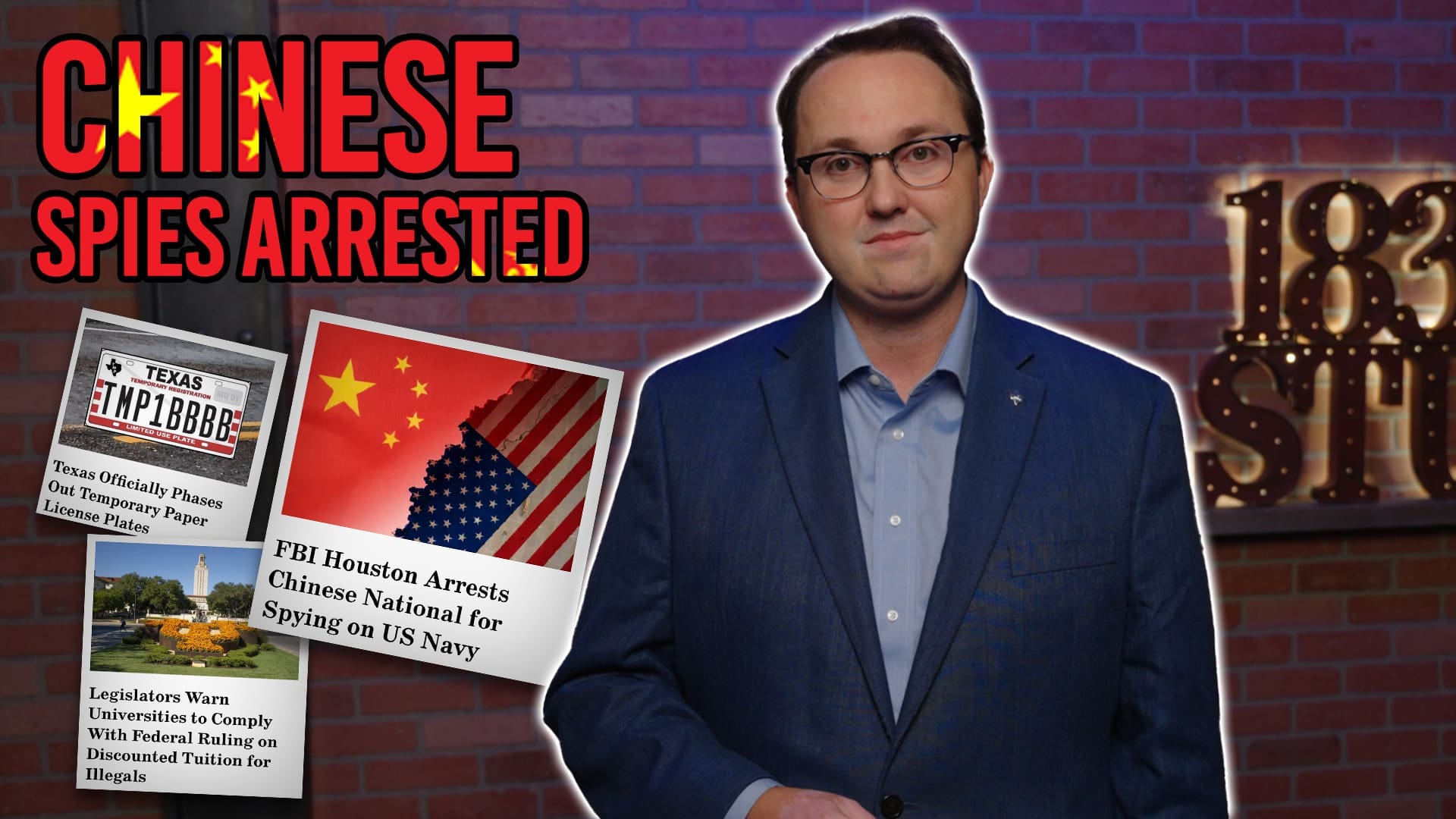The Texas House of Representatives has been paralyzed and unable to conduct legislative business for two weeks due to the absence of a majority of House Democrats who broke quorum after House Republican leadership enabled them to do so.
One of the absent lawmakers, Democrat State Rep. Philip Cortez (San Antonio), returned last week to participate in supposed negotiations with House Republicans on the details of the omnibus election integrity legislation.
On Sunday, he left Texas again to rejoin his Democrat colleagues in Washington, D.C., after receiving permission from House Speaker Dade Phelan to leave the House chamber that is currently under a “call of the House.”
Upon realizing that Cortez had again left Austin, Phelan signed a civil arrest warrant late Sunday evening.
In a statement, Phelan said:
Rep. Cortez returned to the Texas Capitol of his own volition and represented to me and his fellow members that he wanted to work on policy and find solutions to bring his colleagues back to Texas. As a condition of being granted permission to temporarily leave the House floor, Rep. Cortez promised his House colleagues that he would return. Instead, he fled the state and has irrevocably broken my trust and the trust of this chamber.
What About the Other Absent Lawmakers?
Notably, Phelan has not done this for any of the other absent Democrat lawmakers who have broken quorum, even though some have publicly admitted to either remaining in Washington, D.C. or traveling back and forth between Texas and Washington, D.C.
By signing the warrant, however, Phelan is demonstrating that he does have the authority to send for the arrest of absent lawmakers, something he has been reluctant to do thus far, according to State Rep. Kyle Biedermann (R–Fredericksburg).
No penalties have yet been exacted on any of the absent Democrat lawmakers, with the sole exception of Phelan stripping the title of speaker pro tempore from State Rep. Joe Moody (D–El Paso).
All of the absent lawmakers still retain their chairmanships, vice chairmanships, committee memberships, and seniority privileges.
For the last two weeks, under a “call of a House,” Phelan has allowed a certain number of present lawmakers to leave the House chamber with “permission slips.”
What Does the Warrant Do?
According to the warrant:
A Member of the House of Representatives of the State of Texas, who is now absent from the House, wherever said Member may be found in the State into your custody and safekeeping and bring said Member before the bar of the House instanter, this writ being issued under a duly-adopted order of the House pursuant to Article III, Section 10, Texas Constitution, made in exercise of its lawful powers to compel the attendance of absent members in the manner provided under the House Rules of Procedure.
According to Article III, Section 10, Texas Constitution:
QUORUM; ADJOURNMENTS FROM DAY TO DAY; COMPELLING ATTENDANCE. Two-thirds of each House shall constitute a quorum to do business, but a smaller number may adjourn from day to day, and compel the attendance of absent members, in such manner and under such penalties as each House may provide.
According to Rule 5, Section 8 of the Texas House Rules:
All absentees for whom no sufficient excuse is made may, by order of a majority of those present, be sent for and arrested, wherever they may be found, by the sergeant-at-arms or an officer appointed by the sergeant-at-arms for that purpose, and their attendance shall be secured and retained.
Attorney Tony McDonald indicated that adding the words “in the state” to the warrant essentially makes it ineffective since Rule 5, Section 8 of the Texas House Rules seems to suggest that it was not necessary by saying “wherever they may be found.”
What Does it All Mean?
The Texas House of Representatives will attempt to gavel in without a quorum (the adequate attendance needed to conduct legislative business) for the 14th time on Monday.
At the beginning of the quorum break, Texas Gov. Greg Abbott said in an interview:
First of all, I’ll tell you what the House of Representatives can do. What the speaker can do is issue a call to have these members arrested. In addition to that, however, I can and I will continue to call a special session after special session after special session all the way up until election next year. And so if these people want to be hanging out wherever they’re hanging out on this taxpayer-paid junket, they’re going to have to be prepared to do it for well over a year. As soon as they come back in the state of Texas, they will be arrested, they will be cabined inside the Texas Capitol until they get their job done.
With merely 12 days left in the maximum allotted 30-day special legislative session, it appears the remainder of the term might all be a wash, wasting the time of lawmakers and money of the everyday Texas taxpayer.
Though Abbott has indicated he would continue calling special sessions until his agenda is considered, it is unclear what will change to compel absent lawmakers to remain in Austin to participate in the process in the future.





